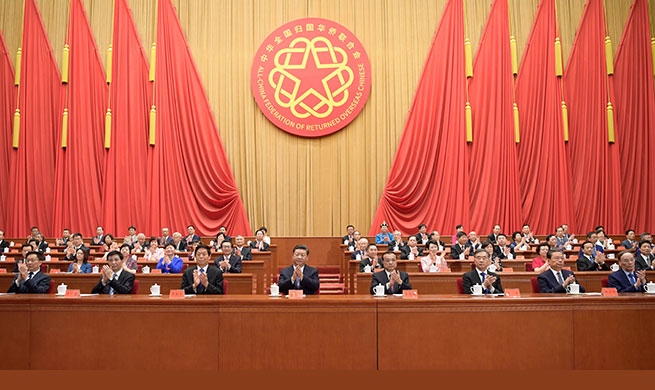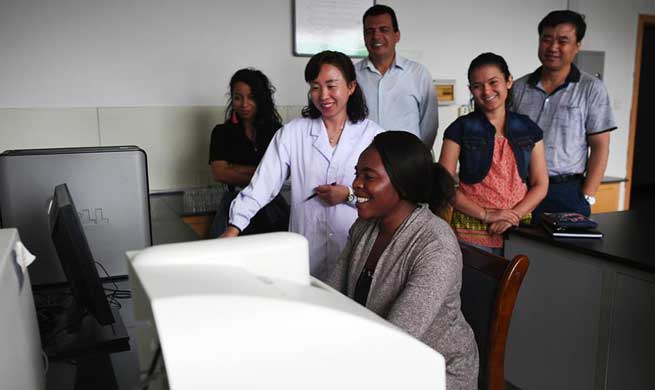SAN FRANCISCO, Aug. 29 (Xinhua) -- Senior breast cancer patients who are physically weak have a higher rate of mortality and hospital readmission after they undergo surgery, a study by University of California San Francisco (UCSF) said Wednesday.
Using 2003-2013 claims from all U.S. Medicare nursing homes, UCSF researchers studied data of 5,969 women aged 67 and older who had lived in a nursing home for at least 90 days and who had undergone inpatient breast cancer surgery.
The researchers found that 58 percent of them experienced significant functional decline one year after surgery.
About 16 percent of the patients reported a higher rate of hospital readmission 30 days after surgery, and 3.2 percent risked all-cause mortality at 30 days, the researchers said.
An overall 31 percent of the frail breast cancer patients died within one year after surgery, according to the study published in the Journal of the American Medical Association (JAMA) Surgery.
"Surgery often cures the cancer, but can have a negative impact on elderly patients' everyday activities and worsen their quality of life," said the study's lead author Victoria Tang, assistant professor of geriatrics at UCSF.
The elderly women suffering breast cancer who lived in nursing homes and experienced functional impairment in their daily activities prior to treatment had the highest rates of one-year mortality.
Around 61 seniors living in the nursing homes received the most invasive treatment, such as axillary lymph node dissection with lumpectomy or mastectomy, but "the highest mortality rate was associated with the least invasive procedure, lumpectomy, which appeared to be performed in the sickest patients," Tang said.
Considering the high mortality rate, the UCSF researchers do not recommend surgery treatment for long-term nursing home residents, because the risks of harm may outweigh the benefit in this vulnerable population.
They prefer to suggest the senior breast cancer patients, many of whom have a limited life expectancy, be treated with hormonal therapies, such as endocrine therapy, radiotherapy, or symptom management only.













